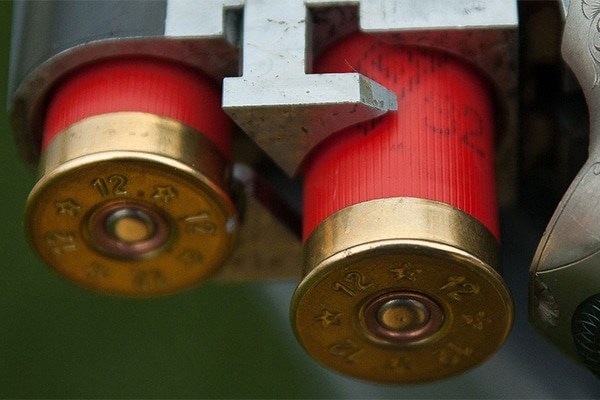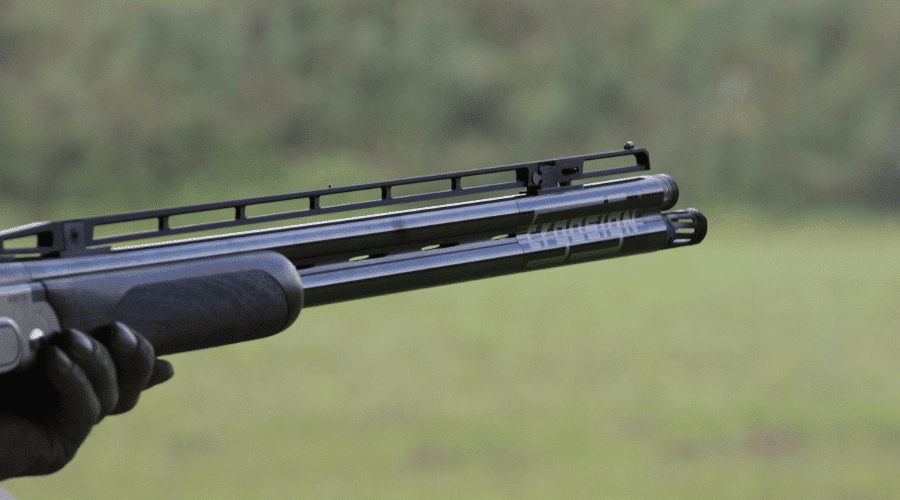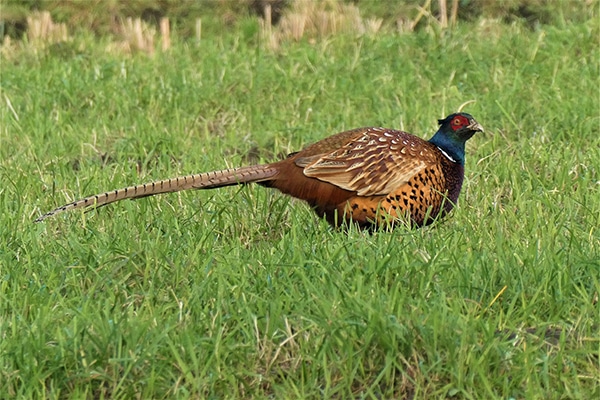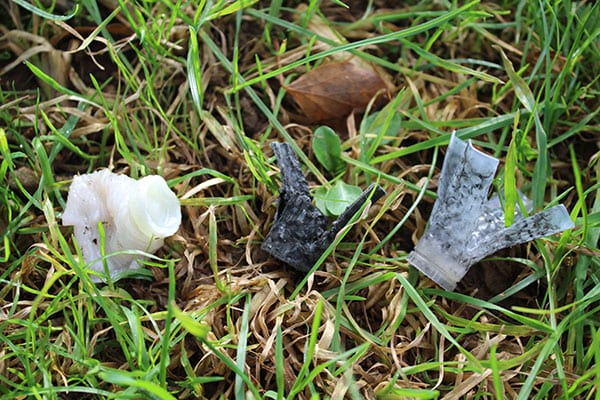
BASC fights EU lead ammunition restrictions
BASC is working hard against overly restrictive lead ammunition proposals.
Get information on the legal shooting season for mammals and birds in the UK.
Apply for funding for your project or make a donation today
Comprehensive information and advice from our specialist firearms team.
Everything you need to know about shotgun, rifle and airgun ammunition.
Find our up-to-date information, advice and links to government resources.
Everything you need to know on firearms law and licensing.
All the latest news and advice on general licences and how they affect you.

In a dossier published on 6 May this year, the Health and Safety Executive (HSE) – under UK REACH – proposed a complete ban on outdoor recreational uses of all forms of lead ammunition in England, Scotland and Wales, with limited derogations. The consultation on the proposals closes on 6 November 2022.
BASC has prepared a comprehensive response, including:
There is clear evidence of risk of primary poisoning of birds from lead shot and of the human health risk from exposure to lead in game meat.
Having assessed the evidence, we concluded that restrictions on the sale and use of both lead shot and expanding lead rifle ammunition for live quarry shooting would be effective at eliminating those proven risks.
The transition periods for regulation of lead shot and expanding rifle ammunition must be agreed in close consultation with the shooting sector and take account of technical and global supply chain issues.
To support our position, we have submitted a series of technical reports. These demonstrate the need for raising the threshold of ‘small calibres’ within the UK REACH dossier to include any calibre below 6.5mm. This would provide a longer transition period for calibres such as .243.
For rimfire ammunition, we are asking that restrictions are not implemented until suitable lead-free alternatives can be guaranteed at scale.
We maintain our view that airgun ammunition should not be restricted as the risk to human health can be managed through existing sector guidance on game meat handling. We have also prepared a technical report demonstrating the inherent unsuitability of existing lead-free airgun ammunition for live quarry shooting.
BASC remains committed to the voluntary transition away from lead shot and single use plastics for shotguns used in live quarry shooting. As such, we believe that further regulation is not required in this area.

Clay pigeon and target shooting
The evidence presented by the HSE on secondary exposure to birds, plus lead exposure pathways to livestock and other animals, soil, soil organisms, plants, and surface waters, is not conclusive.
We believe that the HSE has failed to address uncertainty in the evidence as is required by regulatory guidance. As a result, restrictions based on these risks are unnecessary and disproportionate.
BASC believes that lead shot could continue to be used for clay pigeon / target shooting at venues where risks of primary exposure to birds is managed. We also advocate that lead rifle ammunition (non-expanding) can continue to be used on ranges. We believe that current legal and regulatory frameworks are effective and further regulation risks the unnecessary ‘gold plating’ of environmental directives.
In our detailed response, BASC is also making the following requests of the HSE:

The HSE and Environment Agency (EA) will review the consultation responses prior to preparing a final restriction report. This report, expected to be published in early summer 2023, will be a set of recommendations to Defra. This will provide the basis for legislation.
It is likely that a 60-day consultation will launch in February 2023 as part of the HSE’s Socio-Economic Impact Assessment of proposals.
BASC will continue to engage with the HSE and EA as part of the UK REACH process.

BASC is working hard against overly restrictive lead ammunition proposals.

BASC’s Peter Marshall summarises the findings of a new piece of research by Cranfield University into the pellet penetration of lead vs steel shot.

BASC’s head of wildfowling, James Green, tests the performance of the latest ‘eco-wad’ cartridges in the field.
Sign up to our weekly newsletter and get all the latest updates straight to your inbox.
© 2025 British Association for Shooting and Conservation. Registered Office: Marford Mill, Rossett, Wrexham, LL12 0HL – Registered Society No: 28488R. BASC is a trading name of the British Association for Shooting and Conservation Limited which is authorised and regulated by the Financial Conduct Authority (FCA) under firm reference number 311937.
BASC Direct Ltd is an Introducer Appointed Representative of Agria Pet Insurance Ltd who administer the insurance and is authorised and regulated by the Financial Conduct Authority, Financial Services Register Number 496160. Agria Pet Insurance is registered and incorporated in England and Wales with registered number 04258783. Registered office: First Floor, Blue Leanie, Walton Street, Aylesbury, Buckinghamshire, HP21 7QW. Agria insurance policies are underwritten by Agria Försäkring.
If you have any questions or complaints about your BASC membership insurance cover, please email us. More information about resolving complaints can be found on the FCA website or on the EU ODR platform.